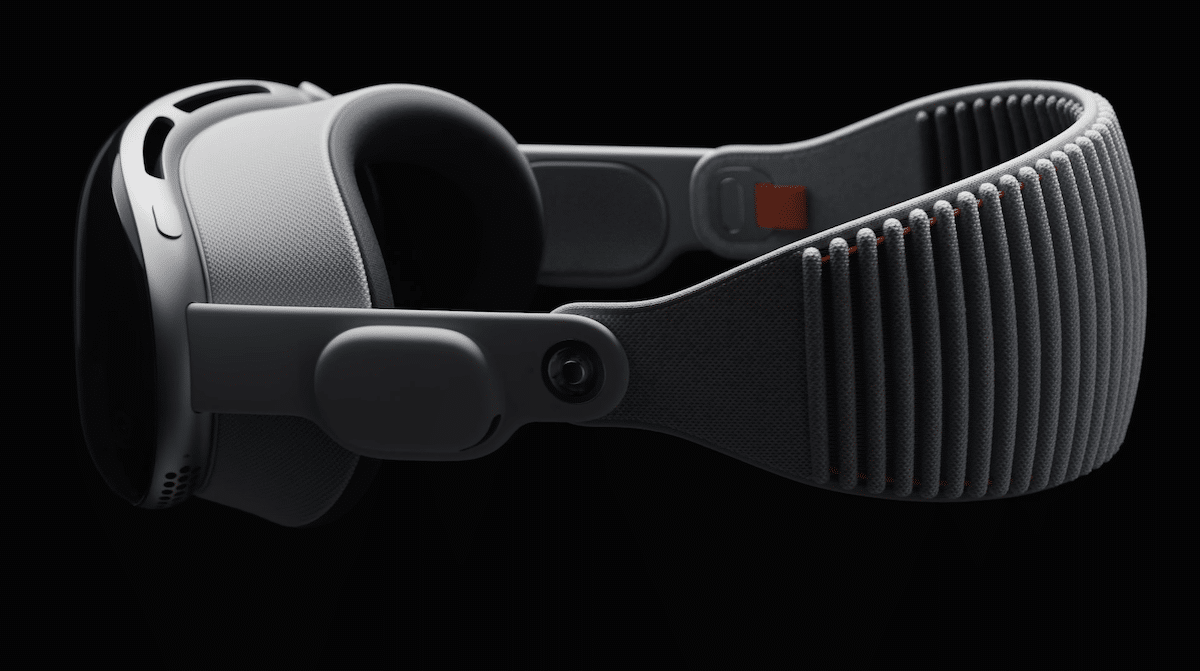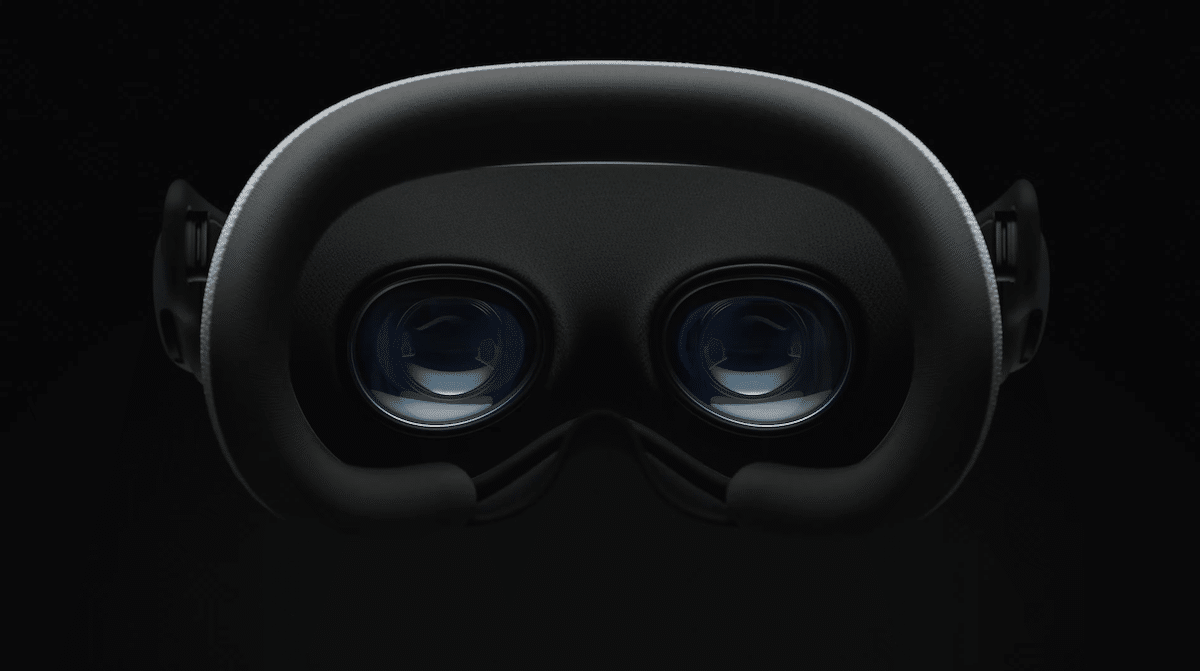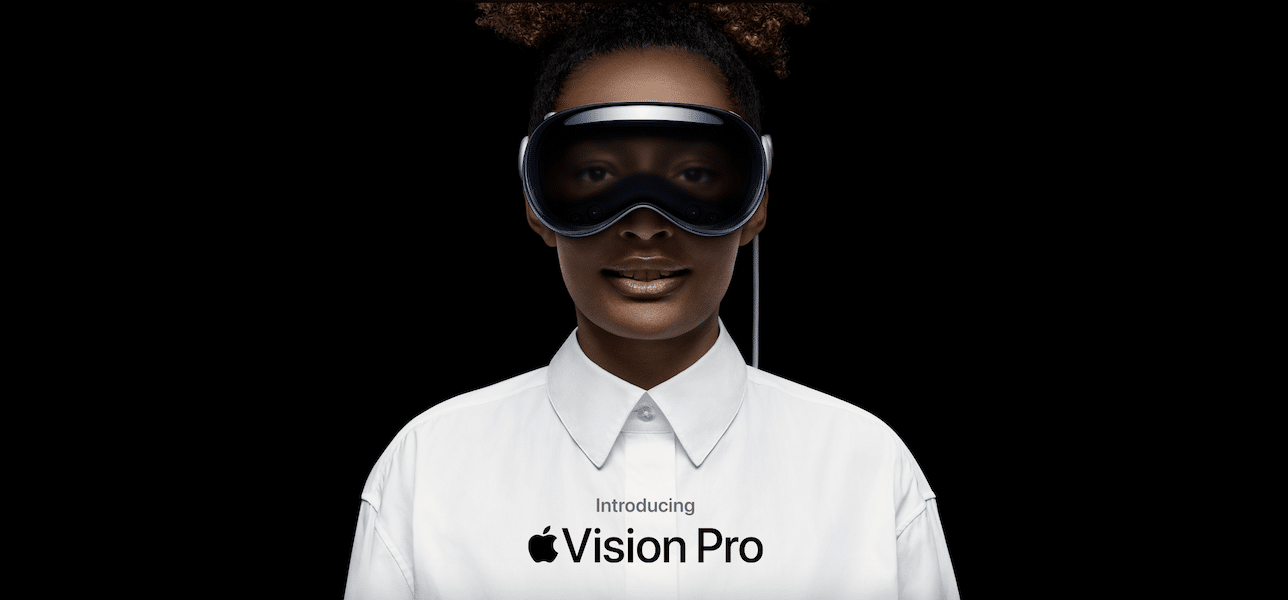A new report reveals an interesting application of Apple’s Vision Pro headset in mental health diagnosis and treatment. Along with AR (Artificial Intelligence), the headset’s eye-tracking and facial analysis tools could be implemented in the mental health field.

Vision Pro’s eye-tracking and facial analysis tools have the potential to be used for mental health assessment
Since the announcement of the Apple Vision Pro, the headset has been associated with productivity and immersive media consumption, but its evolution into a medical device represents a paradigm shift. According to a new report, Apple is actively researching and testing its AR headset’s capability to diagnose and treat various mental health issues.
The tech giant is reportedly exploring the diagnosis of mental health issues, including depression, anxiety, stress, and post-traumatic stress disorder (PTSD). This transformative technology uses a combination of eye-tracking and pupil dilation to gauge an individual’s emotional state. It even incorporates external cameras to assess the person’s ‘affect,’ which refers to how emotions are expressed through facial patterns. A stoic or emotionless expression can potentially signal the presence of a specific mental health condition.

The Apple Vision Pro could also engage users in therapeutic interventions upon successfully identifying a mental health issue. The device can display images and play sounds to improve the individual’s emotional well-being. While the idea of VR (Virtual Reality) headsets for treating mental health conditions is not entirely new, Apple’s involvement in this field demonstrates a commitment to exploring the headset’s medical applications.
The Apple Vision Pro doesn’t stop at mental health. With its eye-tracking cameras, it has the potential to detect early signs of heart failure by monitoring blood vessels in the eyes. While the detection of Parkinson’s disease was initially considered, it was discarded due to reliability concerns.

It’s important to note that this exploration is just the beginning. To become a recognized medical device, the Apple Vision Pro would need to undergo stringent clinical trials and obtain approvals from health regulators. There’s also the potential for legal challenges if the device’s medical capabilities do not meet expectations.
As of right now, we do not know if these health-focused features will be included in the initial release of the Apple Vision Pro. If successful, Apple will face the challenge of its price tag, currently estimated at $3,499. However, Apple is already brainstorming ways to lower costs, potentially using an iPhone chipset and a more cost-effective display in future iterations.